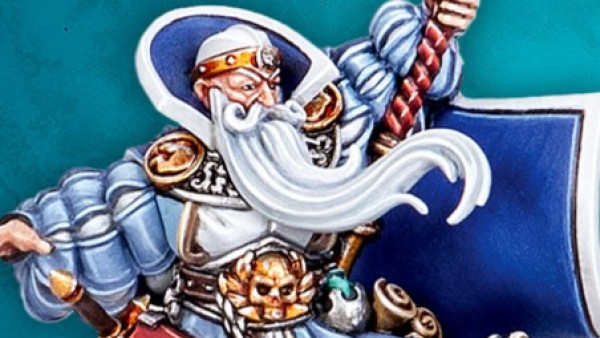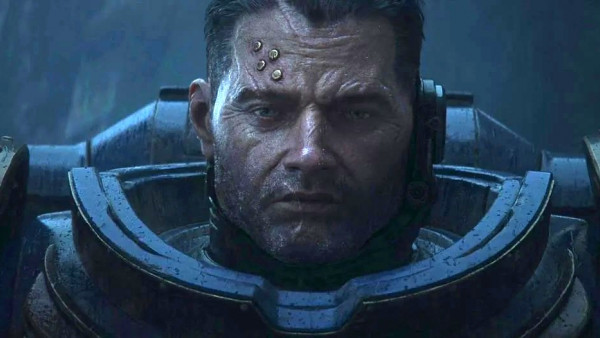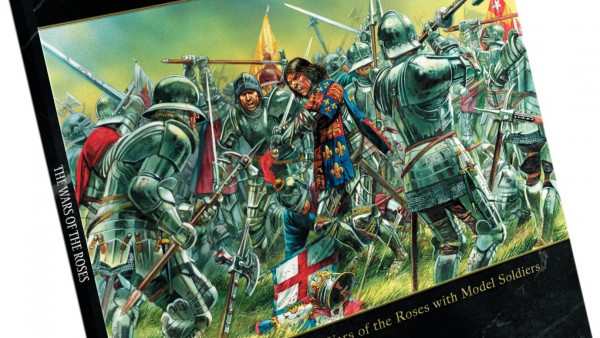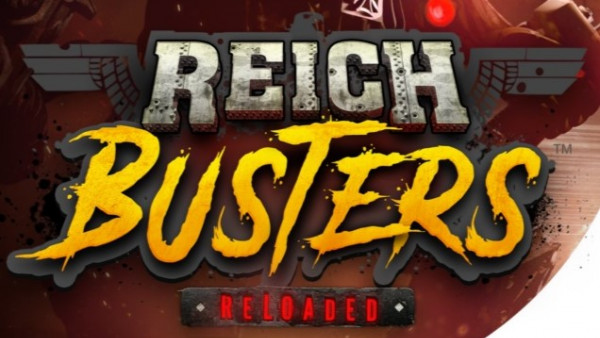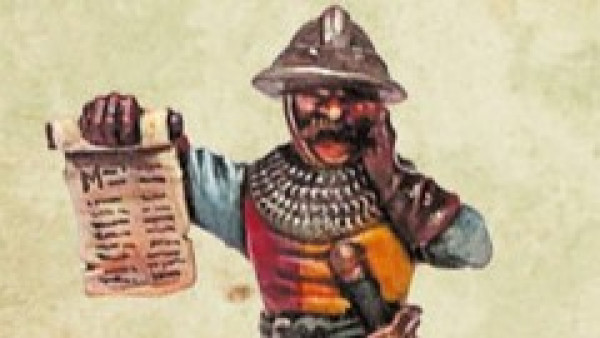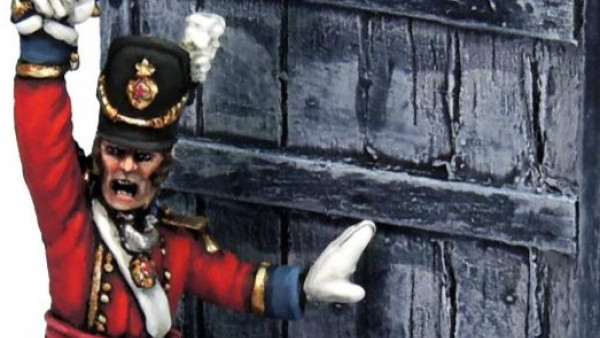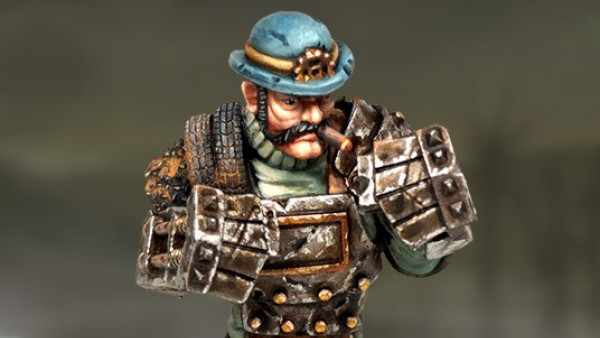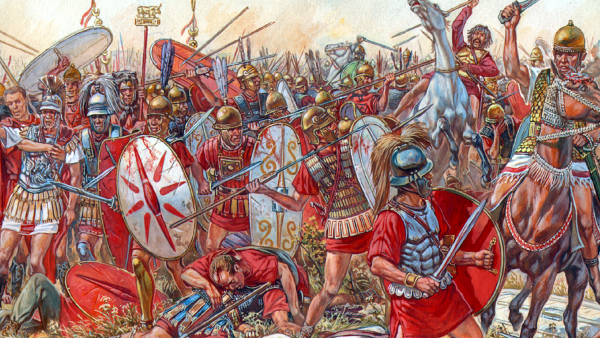Home › Forums › News, Rumours & General Discussion › Article 11/13 for the EU and future of the site › Reply To: Article 11/13 for the EU and future of the site
The issue I have with articles 11 and 13 are two fold.
Firstly, while the motives, if you believe politicians, is to “protect creators” it is highly unlikely that this is the case. The man behind it all, a one Axel Voss, has been on record suggesting that perhaps YouTube shouldn’t exist. When he speaks about protecting creators, he like to talk about “young, independent creators” when actually his bill, even with the revisions it received, actually protects large corporate channels; companies large enough to have their own legal teams who can ensure copyright compliance BEFORE upload whose content YouTube can trust to be free from copyright infringement. YouTube have already said that the bill, as it has been passed, may restrict them in their ability to host content from everyone.
Secondly, while the article does indeed make provisions for satire and parody the practicalities of this are much more difficult and will likely just lead to mass censorship by social media companies simply to protect themselves from lawsuits. While it is technically possible to develop content filters that can look for copyrighted material, these algorithms are massively complex and expensive, far beyond the reach of companies like Beasts of War to develop. This leads to three outcomes:
- Beasts of War continue as normal but are massively exposed to the risk of lawsuits.
- Beasts of War no longer allow users to upload any images to their site because they cannot control what is uploaded. Also their own content may have to change to only include their own original footage and not contain any images from other companies.
- Silicon Valley tech giants licence out their own content filter algorithms that companies like BoW can use but which potentially places an additional cost on licensees.
Because of the sheer volume of data uploaded to the net, filtering will necessarily be algorithmic and algorithms cannot detect context which means parody and satire will be blocked. It is also likely, in my opinion, that algorithms will never be able to identify context because to identify context actually requires a level of subjective and emotional input, it’s not a purely intelligence/logic based decision. This means that for all intents and purposes, the provisions for Satire and Parody are in fact moot. The proposal that filtering should be a two stage process with a human element that can quickly identify any satirical or parody content blocked by the algorithm to be unblocked and made available shows a huge lack of understanding on the part of the people proposing the bill. There are 300 hours of footage uploaded to YouTube every single minute. Just think of the armies of people required to manually review that in order to determine context and then calculate that into a financial cost. It’s completely untenable, it would put social media out of business or they would cease to be free services.
On top of these issues you can then add to the mix the probable inconsistencies between EU states because it’s a directive, it’s not a law, each nation must pass their own laws to meet the criteria in the directive meaning requirements will be subtly different in each zone and social media will end up catering to lowest common denominator. On top of this we see time and again that governments constantly over reach and expand laws to take away more and more personal freedoms. Two perfect examples of this are hate speech and indeed copyright laws. If you look at the original copyright laws in the US, Micky Mouse would have in the public domain decades ago, but it keeps getting expanded, generally to protect corporate interests. Hate speech, whether you agree with the principle or not, is an ever growing, ever expanding definition that seems to be encompassing more and more fringe subjects and further regulating what it is and is not acceptable to say. It’s in the nature of government to act this way, to expand their level of control, and the EU copyright directive will not be any different. The EU is not on the side of the people nor is it on the side of independent creators. It’s a global corporatist’s wet dream and this directive is intended to protect the entertainment industry, not small YouTube creators. It might take a while before we see it but I genuinely believe this directive will hurt Beasts of War. I also think it will hurt Beasts of War irrespective of whether the UK leaves the EU or not – once it’s codified into British law, does anyone really believe that parliament will repeal it?
And before anyone criticises me for being overly pessimistic, when was the last time a politician, by their actions, gave you a reason to feel optimistic?





























![How To Paint Moonstone’s Nanny | Goblin King Games [7 Days Early Access]](https://images.beastsofwar.com/2024/12/3CU-Gobin-King-Games-Moonstone-Shades-Nanny-coverimage-225-127.jpg)















